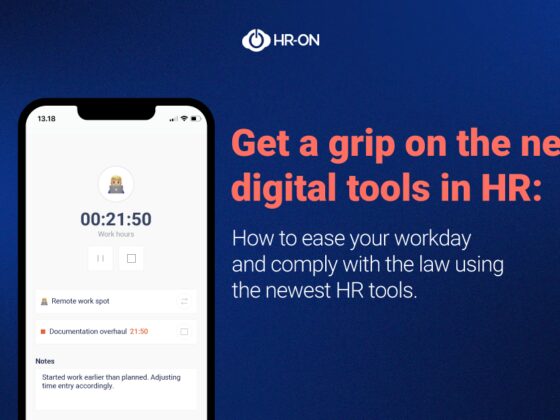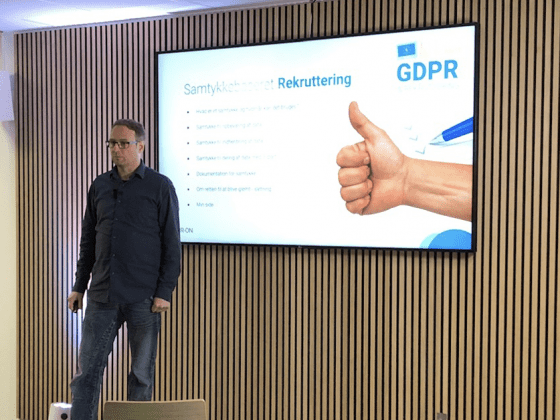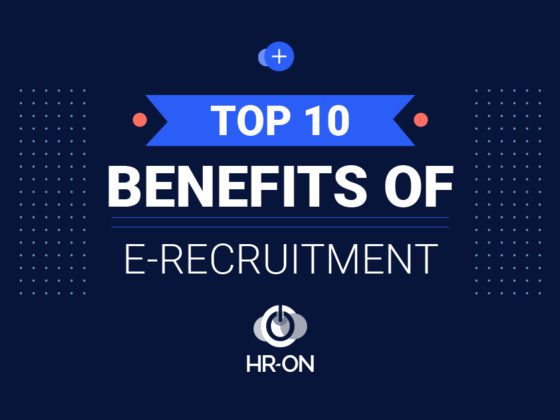When the new GDPR rules come into effect, businesses could be hit by thousands of inquiries from customers about their data.
Next week, the EU’s Personal Data Regulation (GDPR) will come into effect, and so far the main focus has been on the extremely large fines that businesses risk having to pay if they fail to live up to the regulation. However there is another issue looming on the horizon for companies. And it could affect all companies, whether they comply with the regulation or not. According to BritishComputing.co.uk, up to four in ten consumers will take advantage of their right to gain access to corporate data collected by companies. The figures come from a survey conducted by Veritas involving around 3,000 adults across Europe.
“Although it’s unlikely that all 40% will actually choose to seek this information, it will nevertheless create a huge extra workload. The only thing companies can do is to automate as much of the process as possible,” Ali Cevi explains (director of HR-ON).
Companies are not prepared for GDPR
However, many companies are not that far ahead in the process and have not yet automated this process. In fact, many of them are not ready for GDPR at all. A recent study, conducted by A&B Analysis on half of HR-ON, shows that more than a third of Danish companies are simply not ready for the new GDPR rules.
“The new GDPR law is very comprehensive, and probably also more comprehensive than most people have realised. I fear that many companies will still be in for a nasty surprise, even if they think they are prepared for GDPR” Ali Cevik says.
The ugly surprise can also come in the form of dissatisfied users. According to the Veritas survey, eight percent of consumers will consider taking advantage of opportunities to take revenge on companies they feel have treated them poorly.
“Basically, companies must modify their systems, so that it is possible to populate all the necessary information with one click. It will be a big task if this needs to be done manually. And if many users approach a company at once, this would be almost impossible to do manually,” Ali Cevik explains and continues:
“In the worst case scenario, a business could be hit by a campaign on social media with thousands of customers suddenly asking for information. If the company is unable to deliver within 14 days, as prescribed by the rules, they risk one of the large fines. For some companies, a fine of that size could even result in closure.”
The Personal Data Regulation comes into effect on May 25, 2018




